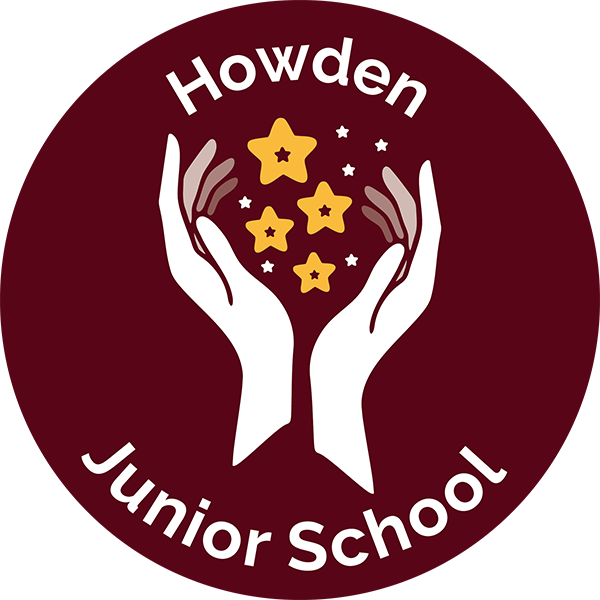- Art
- Assemblies
- Computing
- Design & Technology
- Forest School
- Geography
- History
- Languages
- Maths
- Music
- Our Entitlement Curriculum
- Physical Education & Sport
- PSHE
- Reading
- Religious Education
- Science
- Writing
A high-quality history education will help pupils gain a coherent knowledge and understanding of Britain’s past and that of the wider world. It should inspire pupils’ curiosity to know more about the past. Teaching should equip pupils to ask perceptive questions, think critically, weigh evidence, sift arguments, and develop perspective and judgement. History helps pupils to understand the complexity of people’s lives, the process of change, the diversity of societies and relationships between different groups, as well as their own identity and the challenges of their time.
Intent
Our aim is to also inspire pupil’s curiosity to know more about the past and to teach them the historical skills required to enable them to find out more. Children will leave Howden Juniors able to:
- build a chronological narrative
- ask historically valid questions
- analyse evidence and question its reliability
- identify what has changed and stayed the same since a particular time period or event
- understand the cause and consequence of a significant historical event or period
- understand the impact of a time period/event on our way of life today.
What does History look like at HJS? (Implementation)
A themed approach:
Topics have been chosen to allow a thematic approach to teaching and to ensure cross-curricular links are age related. A history lesson is taught in half-termly blocks of 3 per year. All children are encouraged to develop and use a range of historical skills including asking perceptive questions, thinking critically, weighing up evidence and developing perspective and judgement.
Links between units and progression of skills:
At Howden Junior School historical enquiry skills are embedded in each topic the children study and these skills are revisited and developed throughout their time at school. The key knowledge, vocabulary and skills of each topic has been identified to ensure progression throughout the school.
Educational Visits:
Where applicable, Educational Visits and Visitors that link to History will be made to develop the children’s topical learning. Each year group will have a least one visit or visitor of a historical nature.
The wider curriculum
- links with local area
- history day
- topical celebrations ie. VE Day
Impact
Our History Curriculum is of high quality to ensure that children are engaged with the subject and enjoy it. Outcomes in themed books, and discussions with the children will evidence a broad and balanced history curriculum; demonstrating the children’s acquisition of identified key knowledge, vocabulary and skills. Teachers will assess each pupil’s progress against their year group’s objectives which will be reported to parents at the end of the academic year. Children are expected to make at least expected progress from their starting points.
